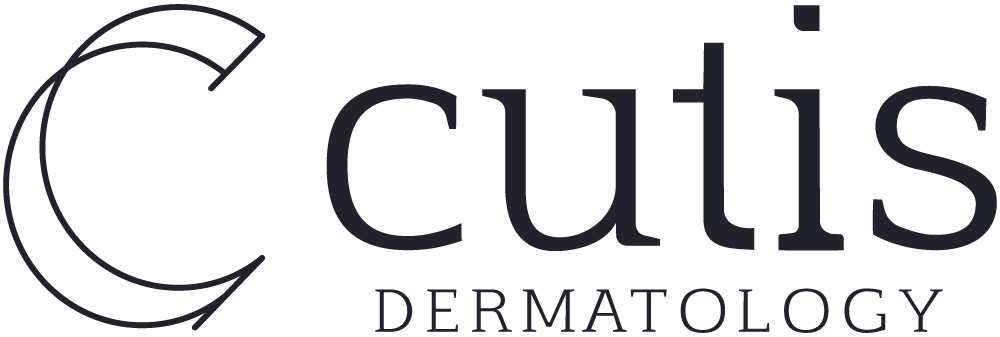Several tablets are available to inhibit the transmission of chemical messengers that produce sweat. These family of drugs are termed ‘anticholinergics’, and they can be helpful in reducing axillary or underarm sweating. The flip side is that some patients will experience side-effects such as excessive tiredness, sedation, and dry mouth syndrome.
Key Points
- Anticholinergics are tablets used to inhibit chemicals that stimulate sweating
- Anti-sweat medications are most useful if sweating is generalised or involves the face and scalp area
- Anti-sweat tablets can also reduce cases of underarm sweating, excessive sweating of the hands and feet, as well as rebound sweating
- Sweating will return when tablets are ceased, as tablets are not a long term ‘cure’ for excessive sweating
Tablets for excessive underarm sweating at a glance
Our results speak for themselves
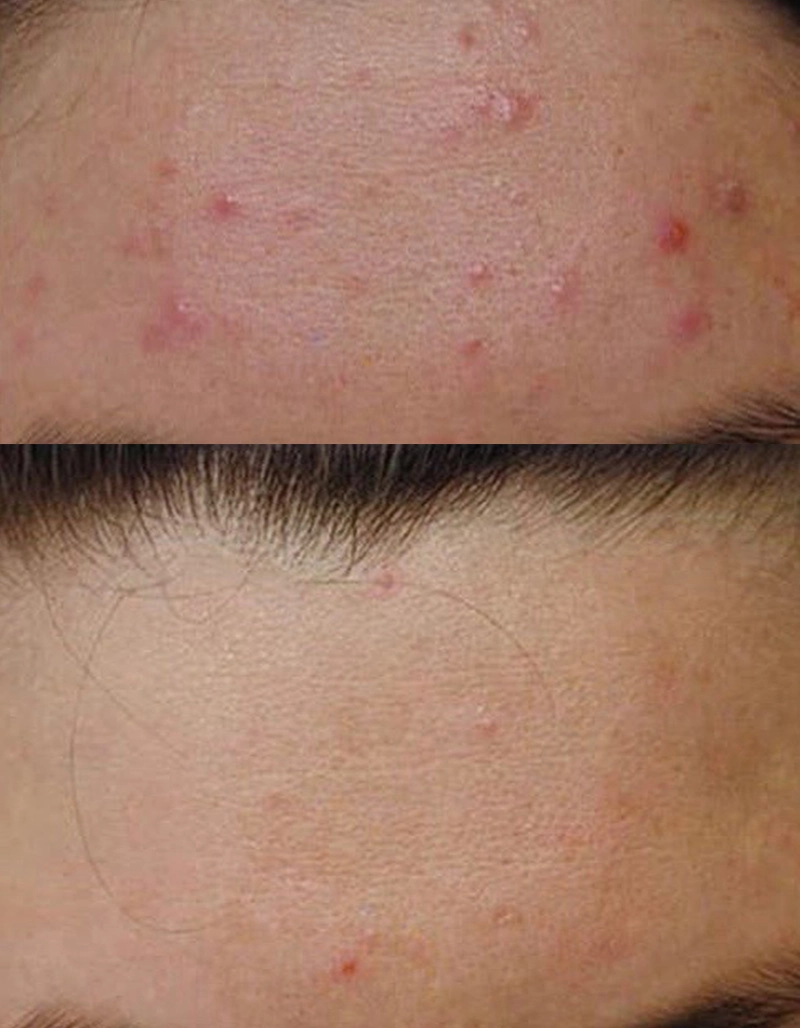
Before
After
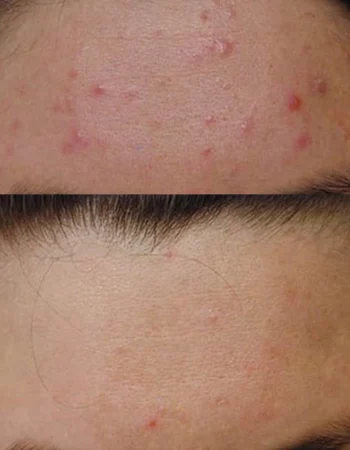
Medical therapy for acne
Ask us more about this treatmant
Preferred Consultation
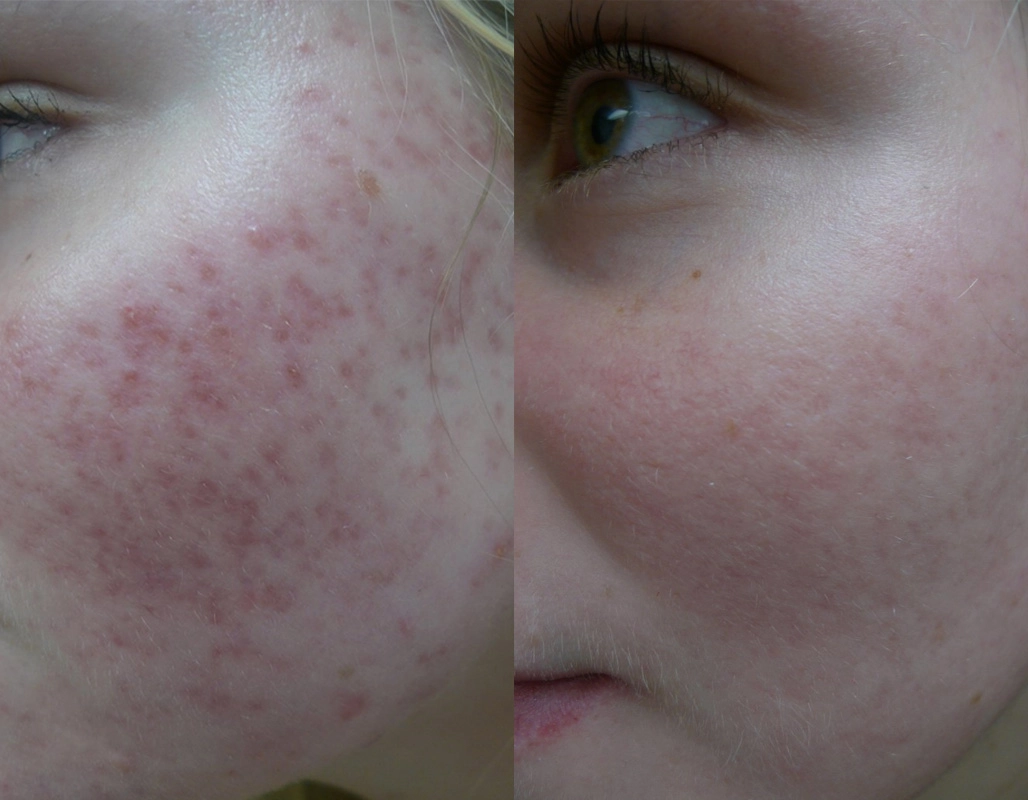
Before
After
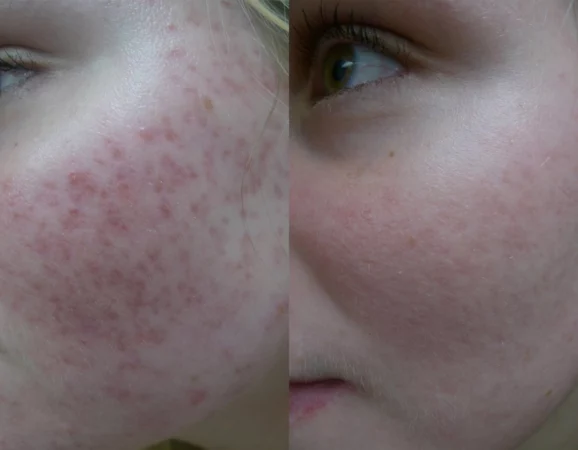
Topicals to treat acne, vascular laser therapy to reduce redness
Ask us more about this treatmant
Preferred Consultation
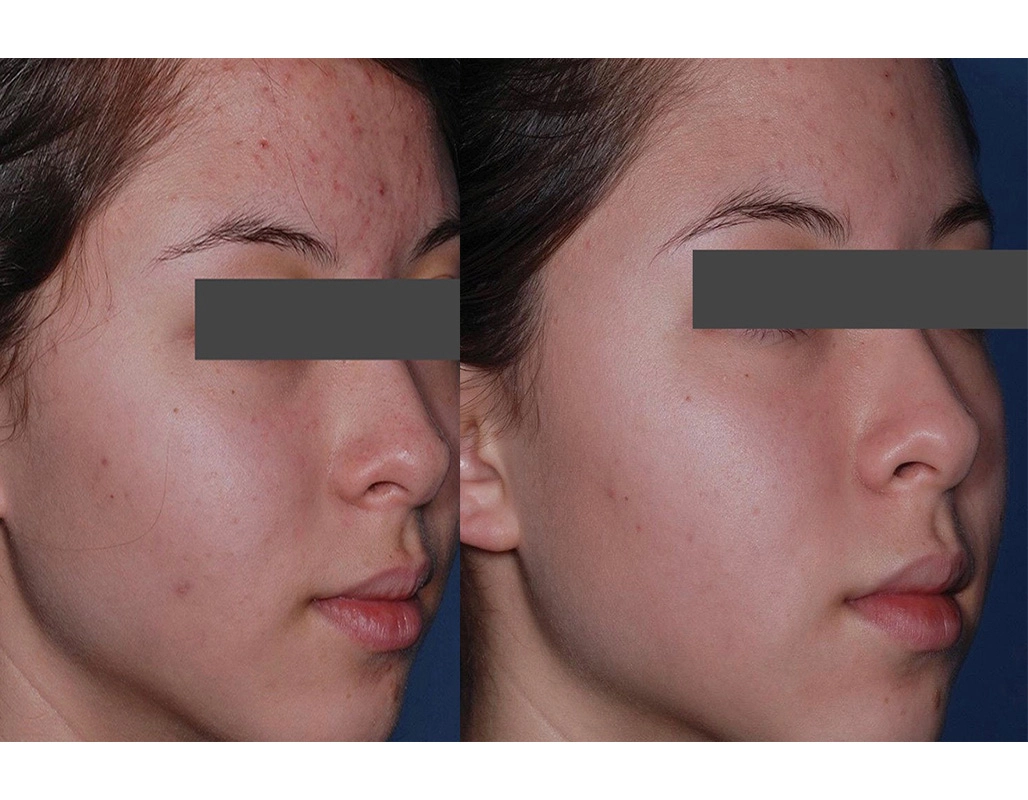
Before
After
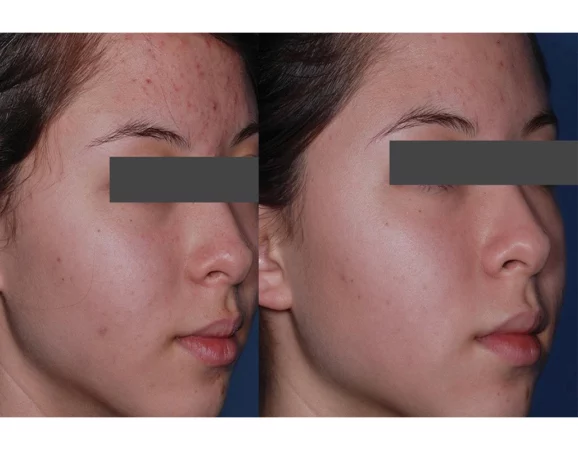
Obagi has medical grade therapy for acne. Benzoyl peroxide combined with active wash, cleanser & moisturizer
Ask us more about this treatmant
Preferred Consultation
FAQs
How do tablets work?
There are a variety of tablets taken orally that can help reduce excessive sweating. This family of tablets are known as ‘anticholinergics and work by inhibition of the transmission of a chemical called acetylcholine. This in turn reduces activation of the sweat or eccrine glands.
What tablet are available for sweating?
The most prescribed anticholinergic medications include anticholinergic agents.
Some cases of excessive sweating can be related to anxiety and stress, in these circumstances, drugs such as anti-anxiety tablets can be helpful. Discuss with your GP if this treatment is suitable for you.
How to I start on tablets?
This is a prescription only medication, obtainable via prescriptions. Your GP will supervise this treatment as it is straightforward.
This medication can be associated with side effects and contra-indications apply. Discuss your medical history with your GP, follow the product information guidelines and please read the side effect profile of this medication.
Use
Best used for generalised sweating, can also be helpful if sweating involves the face/scalp areas. Maybe trialled for excessive sweating in areas such as the hands, feet, and armpits as well as cases of compensatory hyperhidrosis.
What are the common side effects of tablets for sweating?
These tablet work by inhibition of acetylcholine transmission and sweat production, however side effects are seen in many patients. These include- sedation, tiredness, dry mouth, constipation, blurred vision, and urinary retention.
Side effects are often dose dependent. We suggest trialling a small dose at night and combining anti-sweat topicals to reduce sweating.
Products

O Cosmedics cleansing range
$63.00-$64.00

O Biotics 3D Hyaluronic Serum
From $97.00
Several tablets are available to inhibit the transmission of chemical messengers that produce sweat.
Can mediations cause sweating?
We have discussed drugs which can be taken to help reduce sweating, however it is important to exclude drugs you may be taking which may make sweating worse. Examples include certain anti-depressives. Caffeine, Guarana, Geranium and Pseudoephedrine can also worsen sweating.
What are other ways to reduce or completely stop sweating?
OK, here is the truth- Specialists and doctors in general dread prescribing tablets for sweating. Why? Because the vast majority of hyperhidrosis is LIFELONG, and lifelong medication of anticholinergic drugs is not healthy.
In general, the use of tablets is short term- months to years at most. Patients are now given many other options that are safer, more effective and most importantly have fewer side effects than taking tablets. Our Specialist will guide you as to what is the best treatment for your type of sweating. A solution is always possible. For underarm sweating or axillary hyperhidrosis, anti-wrinkle is good, surgery can be considered for resistant cases.
What are some helpful tips for doctors who can prescribe tablets?
My first line tablet for hyperhidrosis / excessive sweating is anticholinergic agent in a 15 mg dose. This is an inexpensive tablet, readily available at most pharmacies. In our hands, it is effective in approximately 20-30% of cases, especially with generalised sweating, as well as cranio-facial hyperhidrosis. I start patients at a very low dose of one tablet at night and increase as tolerated. Most often I use this as adjunctive treatment, combining methods such as Iontophoresis, or iontophoresis and crushed tablets, even with Al chloride. I keep the dose of tablets to a minimum.
Sedation and xerostomia (dry mouth) is seen in nearly all patients, which limits the dose and usefulness of this medication.
